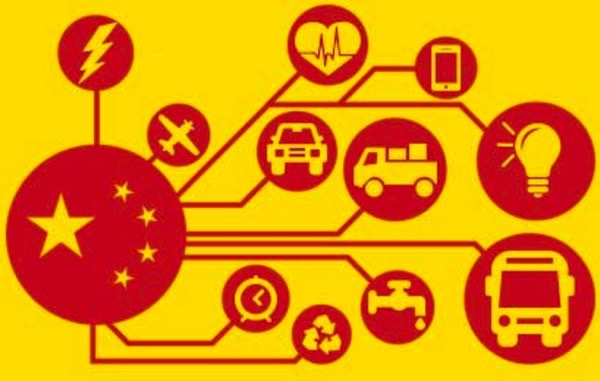China’s Internet of Things (IoT) market could balloon to $121.45 billion by the year 2022, according to a report from market research firm MarketsandMarkets.
The rise of IoT in the country will be primarily funneled into agriculture, which MarketsandMarkets believe will see the highest compound annual growth rate (CAGR) during the forecast period.
See Also: Foxconn teams up Actility to expand IoT in China
IoT systems able to measure the right amount of fertilizers and nutrients, and minimize water and soil wastage, could save farmers quite a chunk of change. Marketsandmarkets also sees connected devices being deployed to make sure labels are correctly placed on shipping containers.
Device management is another big sector, which accounts for smart home and enterprise hubs. The management service lets users check on all devices connected to the system, making sure that they perform as standard and report any deficiencies.
China consumer market is growing quickly
Chinese people living in urban areas already purchase air filtration systems and other smart home devices, but the market is very fragmented and doesn’t have a lead voice. Unlike in the West, where Google, Apple, and Amazon are building platforms to facilitate IoT growth, Alibaba, Tencent, and Baidu haven’t been as competitive.
That could change, as adoption of IoT products starts to rise. The Chinese companies have never been shy about borrowing ideas from the West before, so an Alibaba Echo, Baidu thermostat, or Xiaomi HomeKit could be in the works.
Outside of the smart home, China’s industry is bound to see IoT advancement just like any other. A report on the potential of an elongated cycle of coal power, thanks to efficiency upgrades from GE, IBM, and other IoT developers, could keep China from adopting more green energy and sticking with its low cost coal power. It is currently the largest buyer of coal power in the world.

















